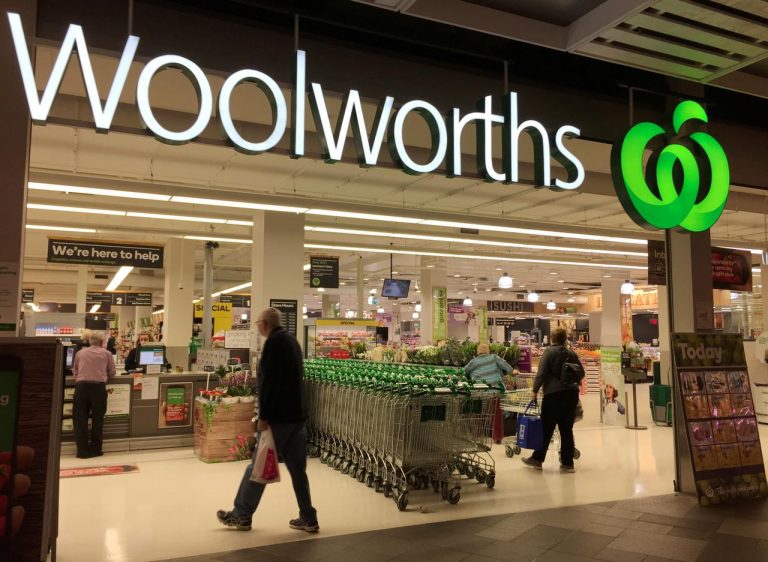
(Reuters/Australia): Top Australian grocer Woolworths Group Ltd (WOW.AX) said on Thursday annual profit dipped as coronavirus-induced shutdowns wiped out sales of its pubs unit, but an extended upsurge in supermarket sales boosted its shares.
Like grocery chains around the world, Woolworths has benefited from “panic buying” during the COVID-19 outbreak as shoppers stocked up on household essentials to adapt to working and entertaining at home.
All the same, that benefit for Woolworths has been offset by a majority stake in hundreds of pubs which were ordered shut in March, along with most public activity, due to the virus. The company has also been paying back store staff after acknowledging widespread underpayment.
The combination of these factors resulted in a lower underlying net profit of A$1.6 billion for the year to end-June, down 1.2% on the previous year and slightly below analyst estimates – even though pre-tax profit from its Australian supermarkets unit, which generate two-thirds if its sales, jumped 6.3%.
Woolworths shares rose 2.7%, outpacing a broader market gain of 0.6% in morning trading. Since Feb. 20, the day before fears of COVID-19 sent global financial markets into turmoil, the company’s shares are down 7.5%, compared to a 14% decline in the overall Australian market.
“Outside of that core Woolworths business things are soft, which you would expect,” said Evan Lucas, chief market strategist at InvestSMART.
“Extenuating circumstances have clearly impacted day-to-day operations.”
Woolworths didn’t give a profit forecast for the current financial year but said supermarket sales were up 11.9% in the first eight weeks.
CEO Brad Banducci said shoppers seemed to be buying more fresh produce, but “we’re early days in this process so I wouldn’t like to call a very pronounced changed”.
During the pandemic, grocers have regularly reported on changing shopper patterns, from surges in purchases of non-perishable essentials like toilet paper and pasta to rushes on baking ingredients.
Woolworths said it expected the profitability of meat to come under pressure after heightened demand increased wholesale costs.






